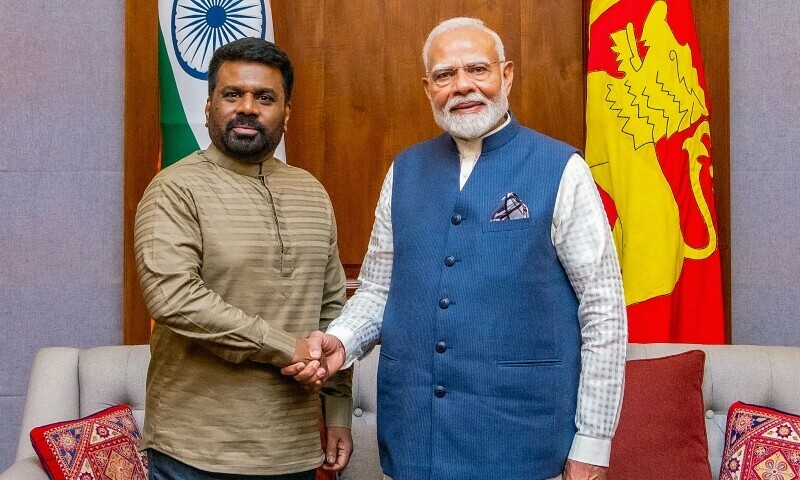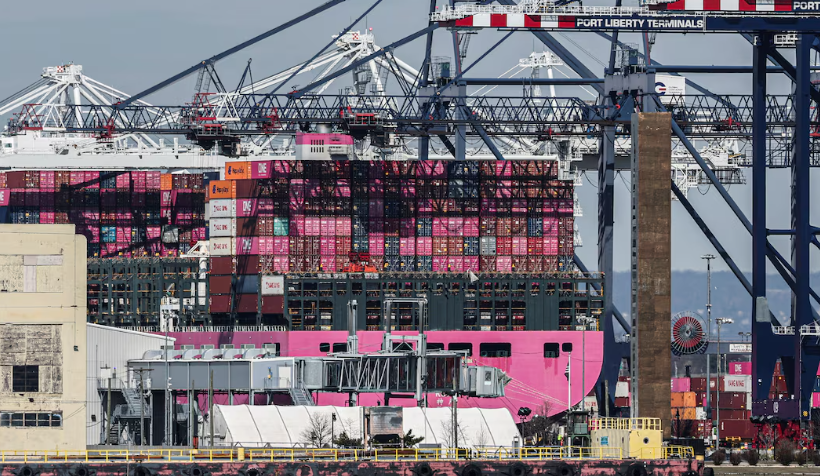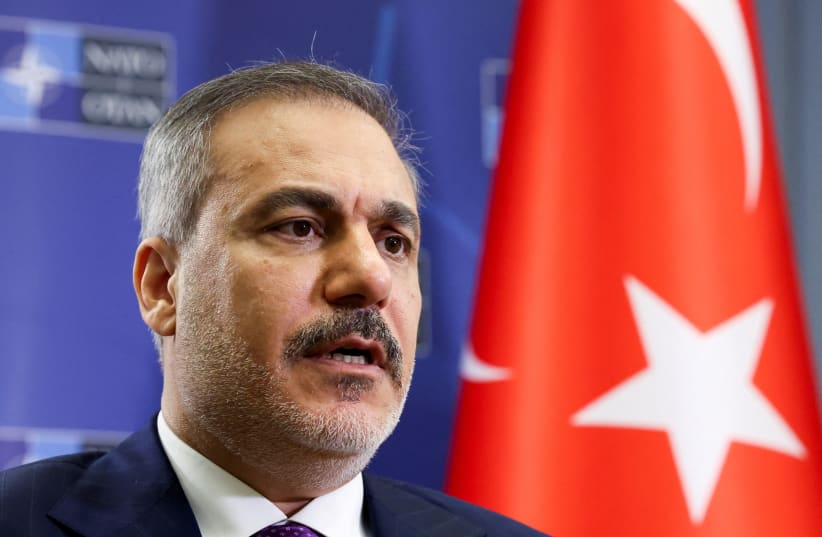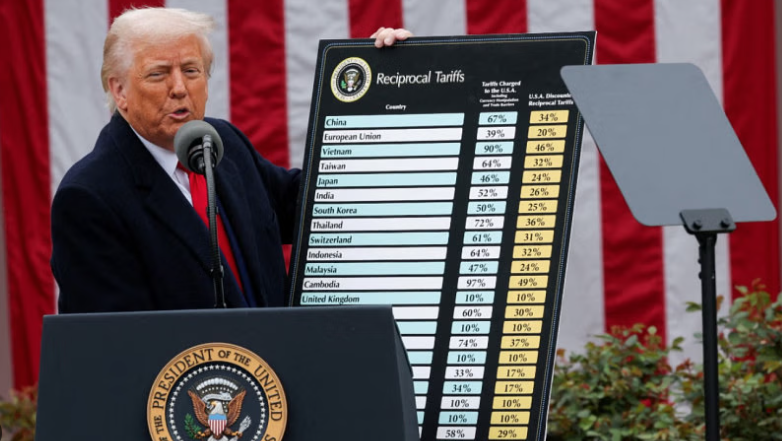WORLD NEWS
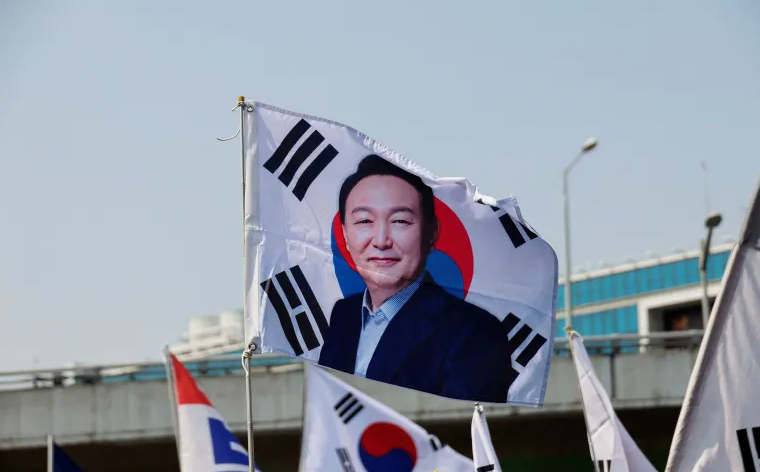
South Korea's Constitutional Court has voted unanimously to remove President Yoon Suk-yeol from office over his controversial declaration of martial law in December. The court ruled that Yoon overstepped his authority by deploying military and police forces in the capital, Seoul, during a time of political crisis, deeming the actions unlawful and unconstitutional.
The acting chief justice, Moon Hyung-bae, read out the verdict, highlighting the president’s actions as an infringement on the rights of the people and a betrayal of the trust placed in him by the nation. The court found that Yoon's deployment of troops to control the National Assembly and suppress opposition politicians was not only unconstitutional but an affront to the democratic principles South Korea holds dear.
The martial law order came in December, when Yoon claimed that North Korean forces and anti-state groups had infiltrated the government, posing a threat to national security. However, senior military and police officials testified that Yoon had used the military to detain rival politicians and halt legislative actions that would have reversed his decree.
The National Assembly had previously voted to impeach Yoon in December 2023, but the decision required confirmation by the Constitutional Court to be fully enacted. Yoon, who had already faced significant protests from his opponents, accepted the court's decision, stating he would respect the verdict and acknowledging his tenure as an honor, despite his many flaws.
Following the verdict, the government now has 60 days to hold a presidential election, with acting President Han Duck-soo remaining in office during this transitional period. Yoon is expected to face multiple criminal investigations, including charges of abuse of power and, notably, treason. His removal from office has lifted the shield of presidential immunity, opening the door for further legal accountability.
The ruling sparked a wave of reactions across the country. Protests erupted in the streets, with Yoon’s supporters and critics clashing over his impeachment. A pro-Yoon rally is planned for this weekend, though the streets of Seoul remain tense. Some protesters celebrated the decision as a victory for South Korean democracy, harking back to the nation's long struggle for democratic reform.
South Korea, a relatively young democracy, has faced numerous challenges in its pursuit of democratic stability, especially following decades of military-backed rule. This impeachment trial is the latest chapter in the country’s fraught political history, where corruption scandals and authoritarian tendencies have periodically tested its democratic institutions.
The court’s ruling is seen as a pivotal moment in South Korea’s democratic journey, reaffirming the strength of constitutional checks and balances. The removal of Yoon Suk-yeol from office marks a new chapter in the nation’s political landscape, signaling both the resilience of its democracy and the potential for further political unrest.
